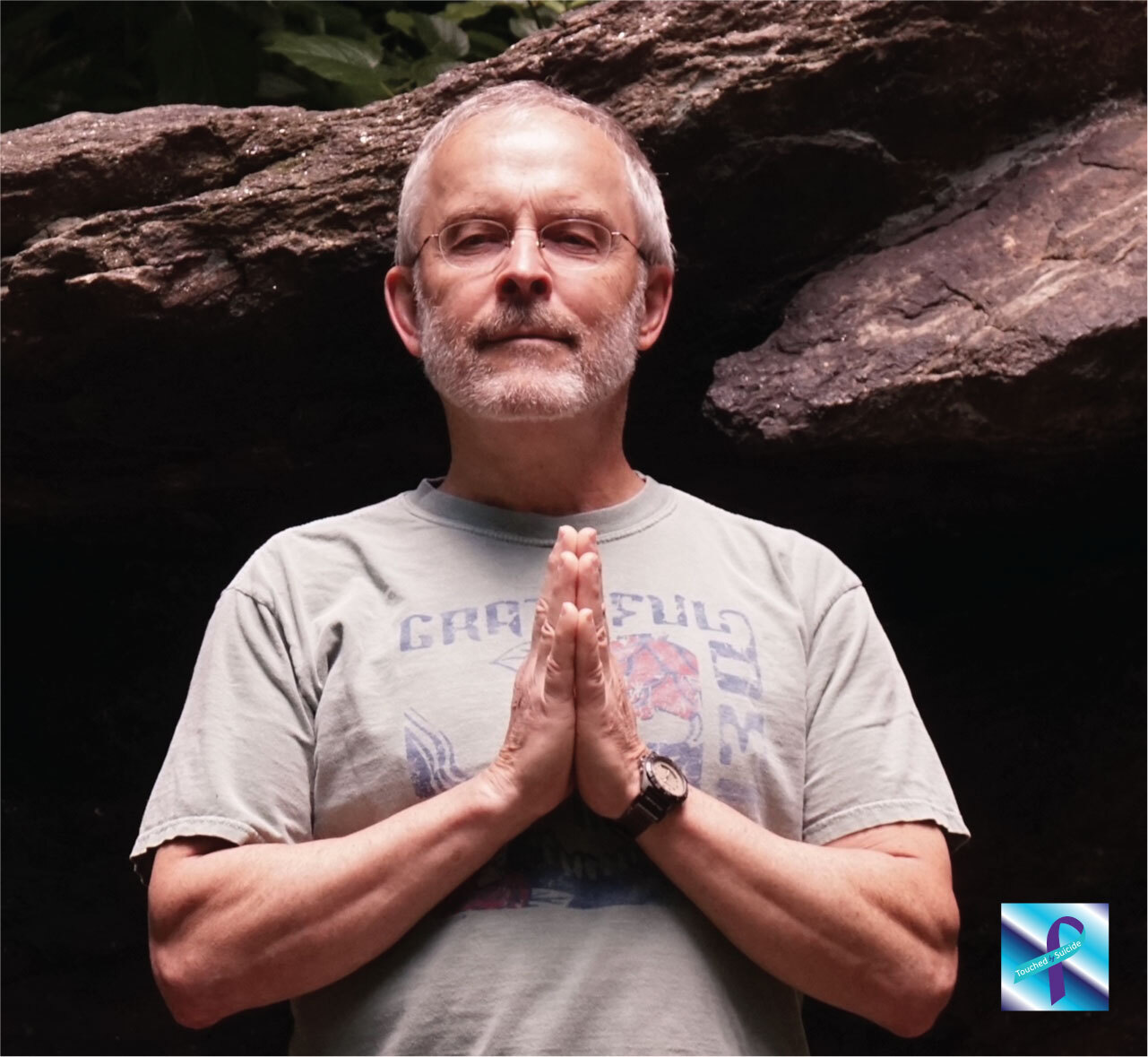
Wednesday Feb 09, 2022
A Psychiatrist - Dr Stephen Andreski
Trigger warning: This episode may include discussions about suicide, mental illness, substance abuse and self-harm. If these topics are sensitive to you, proceed with caution. It may also contain strong language and is intended for an adult audience.
Suicide warning signs can be found at the American Foundation for Suicide Prevention website (Afsp.org).

"Awareness generally precedes progress." - Dr. Andreski
Today we talk to a psychiatrist who has been treating suicidal patients and survivors of suicide loss for 45 years. Dr Stephen Andreski shares a clinical perspective on the different angles of suicide.
Dr. Andreski, MD, is a Diplomat of the American Board of Psychiatry & Neurology, the former Medical Director of the Crisis Unit Capital District Psychiatric Center, & the former Director of Psychiatric Emergency Services at Albany Medical Center Hospital.
Notables include:
- Why people attempt suicide: largely due to depression, a great sense of suffering, feelings of aloneness & that their situations are hopeless
- Warning signs to note: Signs of depression, changes in behaviors, withdrawal from normal routines and community
- Why do some people consider suicide a selfish act? Suicide is often a self-concerned act, but the attempter feels it's the opposite of selfish, as they feel the world would be better off without them.
- Do you think suicides can be prevented? Not all people can be stopped from killing themselves even if they see a mental health professional.
- Effects on survivors: Children of parents who die by suicide are 300-800 times more likely to attempt suicide
- How have awareness and stigma changed: awareness is much greater than 45 years ago, and discussions are more common, but treatment may actually be harder to get.
Medical Advisory:
The Run This World Podcast & the Touched by Suicide series does not provide crisis, counseling or direct services. The information and resources contained on this site are not intended to diagnose or treat any condition. Please consult a mental health professional before making changes to your treatment plan.
Please be sure to share this podcast with anyone who needs to hear it right now. Thank you for listening.
Music credit: "Forgiveness" by Sensho from Upbeatt.io
Comments (0)
To leave or reply to comments, please download free Podbean or
No Comments
To leave or reply to comments,
please download free Podbean App.